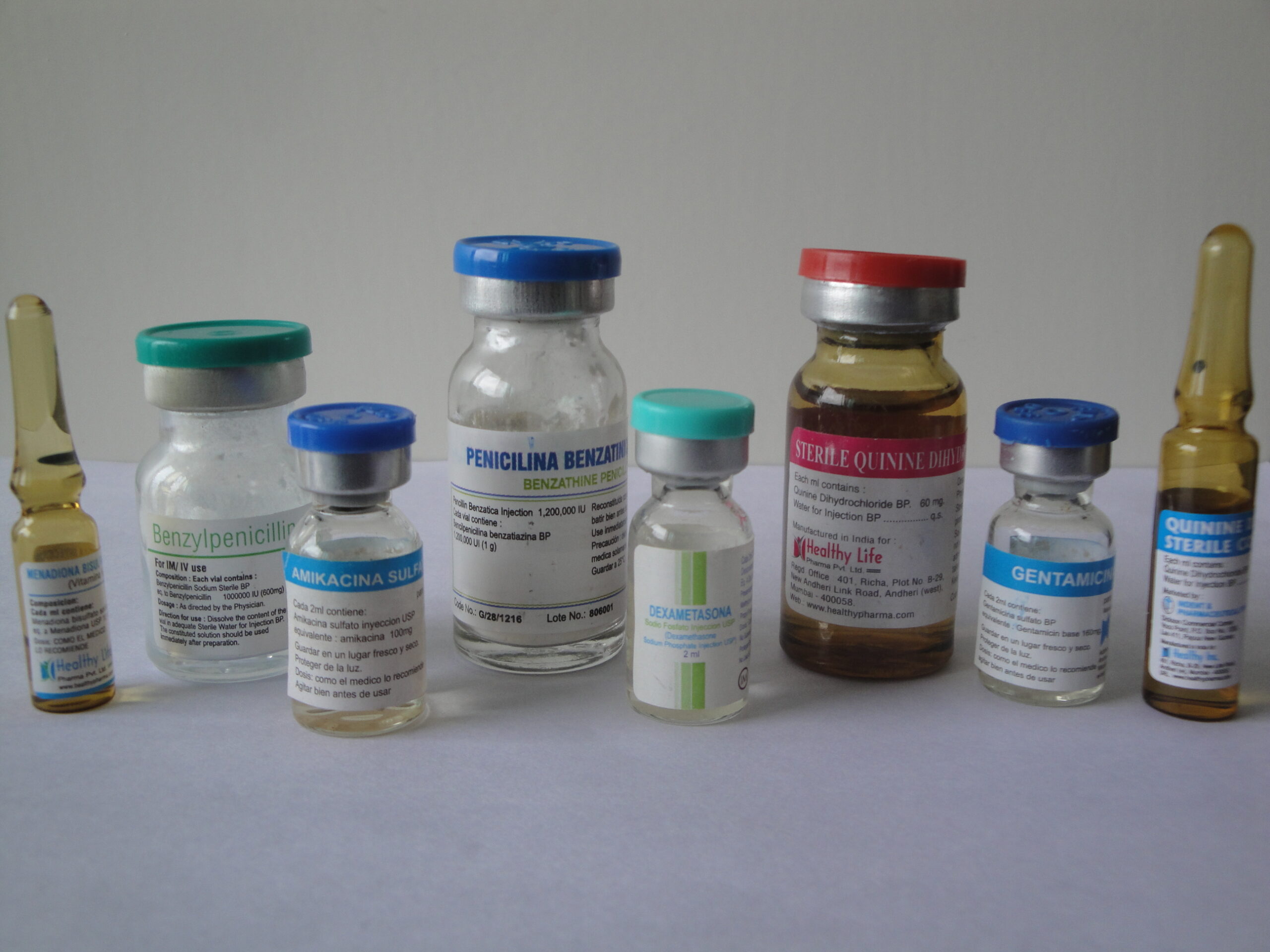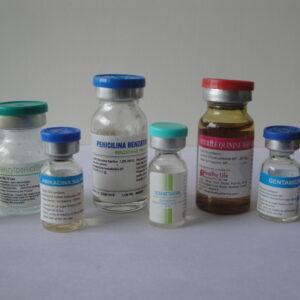Description
Levamisole Hydrochloride veterinary injection
Levamisole Hydrochloride is an anthelmintic drug commonly used in veterinary medicine to treat parasitic infections in animals, particularly in livestock. It is effective against various types of gastrointestinal worms and lungworms.
Here are some key points about Levamisole Hydrochloride for veterinary use:
Anthelmintic Properties: Levamisole works by paralyzing and ultimately expelling the worms from the digestive system of the host animal.
Spectrum of Activity: It is effective against a broad range of nematode (roundworm) parasites, including those found in the gastrointestinal tract and lungs of animals.
Dosage and Administration: The dosage and administration of Levamisole Hydrochloride can vary depending on the type of animal being treated, the specific parasite involved, and the formulation of the drug. It is typically administered as an injectable solution or added to the animal’s feed.
Caution: Levamisole should be used with caution, as overdose or incorrect administration can lead to toxicity. It is essential to follow the recommended dosage guidelines and consult with a veterinarian for proper administration.
Withdrawal Period: There is usually a withdrawal period after administering Levamisole before the treated animals’ products (such as meat or milk) can be consumed by humans. This is to ensure that any residues of the drug have cleared from the animal’s system.
Consult a Veterinarian: It is crucial to consult with a veterinarian before using Levamisole or any other medication in animals. The veterinarian will consider factors such as the type of animal, its age, weight, and overall health when prescribing the appropriate dosage.
Side Effects: While Levamisole is generally well-tolerated, some animals may experience side effects such as hypersensitivity reactions, drooling, or behavioral changes. If any adverse reactions occur, it’s important to seek veterinary advice promptly.
Regulatory Considerations: The use of veterinary drugs, including Levamisole Hydrochloride, is subject to regulations and guidelines set by local veterinary authorities. It’s important to adhere to these regulations to ensure the safety and well-being of the animals and the quality of food products derived from them.
Always consult with a veterinarian before using Levamisole Hydrochloride or any other veterinary medication, and follow their recommendations for proper administration and monitoring.
Levamisole Hydrochloride is commonly used in veterinary medicine for the treatment of parasitic infections in animals. It is available in various formulations, including oral solutions, powders, and injectable solutions. When using Levamisole Hydrochloride in injectable form for veterinary purposes, here are some general guidelines:
Indications for Use:
Levamisole is primarily used to treat parasitic infections caused by various nematodes (roundworms).
It is effective against gastrointestinal worms and lungworms in animals such as cattle, sheep, goats, swine, and poultry.
Dosage:
The dosage of Levamisole Hydrochloride varies depending on the species of animal, the type of parasite, and the severity of the infection.
Dosage is usually expressed in terms of milligrams per kilogram (mg/kg) of the animal’s body weight.
It is crucial to follow the specific dosage recommendations provided by the veterinarian or as indicated on the product label.
Administration:
Levamisole Hydrochloride for injection is typically administered subcutaneously (under the skin) or intramuscularly (into the muscle).
Proper injection technique is essential to ensure accurate dosage and minimize the risk of adverse reactions.
Withdrawal Period:
There is a specified withdrawal period after administering Levamisole before the animal’s products (meat, milk, eggs) can be consumed by humans. This withdrawal period allows the drug residues to clear from the animal’s system.
The withdrawal period varies depending on the specific product and local regulations. It is essential to adhere to these guidelines to ensure food safety.
Monitoring and Consultation:
Animals treated with Levamisole should be monitored for any signs of adverse reactions or lack of response to the treatment.
Regular consultations with a veterinarian are crucial to assess the effectiveness of the treatment and adjust the dosage if needed.
Storage:
Levamisole Hydrochloride should be stored according to the manufacturer’s recommendations, typically in a cool, dry place, protected from light.
Always check the expiration date before using the product.
Safety Precautions:
Handle the drug with care, and use proper personal protective equipment (PPE) when administering the injection.
Adhere to safety guidelines and recommended practices for the handling and disposal of veterinary medications.
It is essential to note that the specific usage instructions may vary based on the product formulation and regional regulations. Always consult with a veterinarian for precise dosage, administration, and withdrawal period recommendations tailored to the specific needs of the animals being treated.



